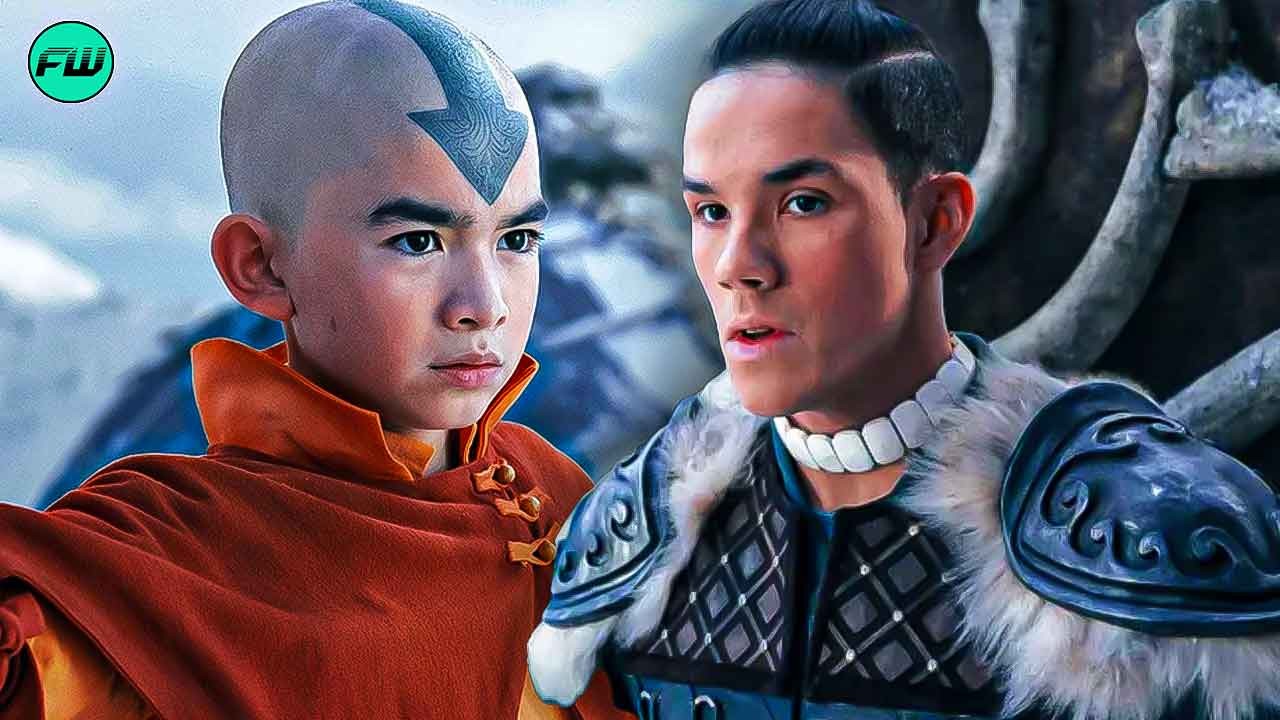The Netflix live-action adaptation of the much-beloved Avatar: The Last Airbender is bringing forth a change in Sokka, the non-bender warrior of the Southern Water Tribe and brother to Katara, that many fans have expressed disappointment over.
The new series has snagged the liberty of reducing the character’s initial sexism, as demonstrated in the original animated endeavor, in a decision that could only be considered typical of adaptations that take from the source material but do not strictly adhere to it; modifying aspects that could be deemed ‘problematic.’
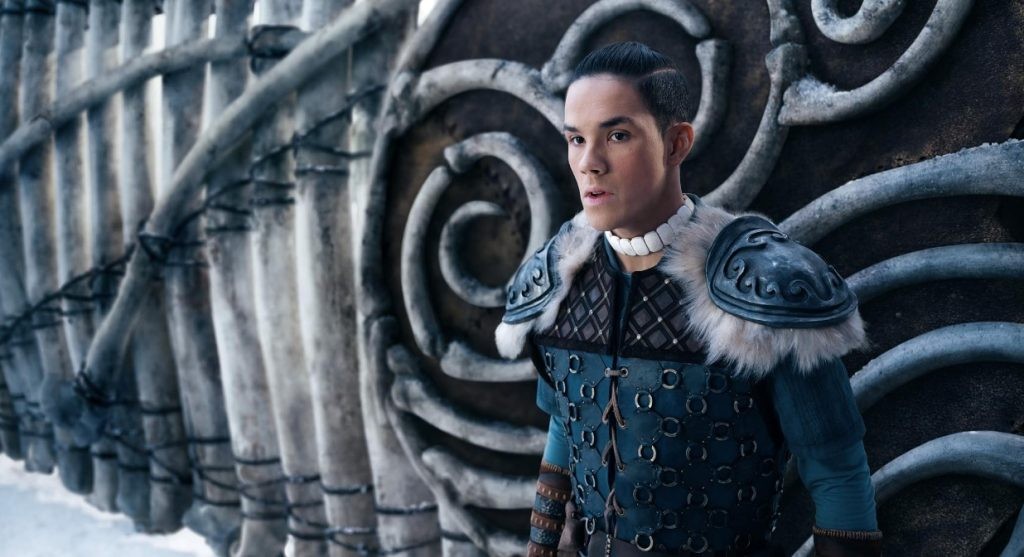
In a recent interview, cast members Kiawentiio and Ian Ousley commented on how the latter’s role in the streaming giant’s upcoming show didn’t include the misogynistic elements inherent to the original iteration—one that subsequently becomes symbolic of Sokka’s growth and maturity.
Reacting to the news, netizens expressed why eliminating the character’s flawed, ignorant perspective would detract from his intriguing character development, as best seen in the animated show.
Netflix’s Avatar: The Last Airbender Will Remove Sokka’s Sexist Elements
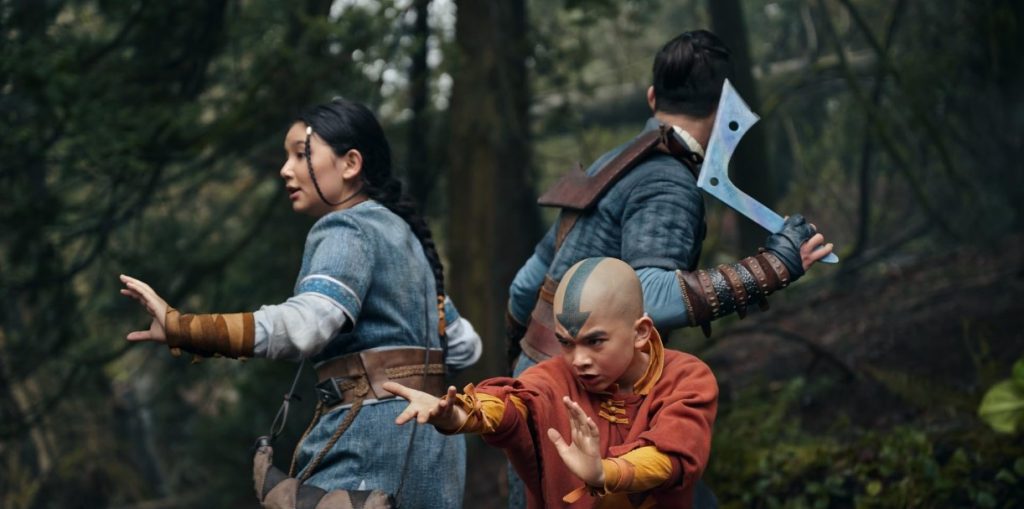
Netflix’s Avatar: The Last Airbender, slated to hit the platform in the coming month, has chosen to remove the sexist elements in Sokka’s character, claimed cast members Kiawentiio and Ian Ousley. In the acclaimed original Nickelodeon animated show, which ran for three seasons, the character in question initially exhibited a flawed point-of-view about women. In fact, in the first episode, dubbed ‘The Boy in the Iceberg,‘ we see this element reflected in him from the get-go.
He infamously tells Katara, “I knew I should’ve left you home. Leave it to a girl to screw things up!” For this, he gets reprimanded by his sister for his sexist ideology. The dialogue further sheds light on how Katara is left to handle all the household chores (in a stereotypical fashion), with Sokka’s lack of effort in doing the same being her primary point of complaint. She goes so far as to highlight that Sokka was off “playing soldier” instead of offering help.
This is a component of the non-bender warrior’s arc that persisted early on but ultimately had a pleasant resolution; it underscored a development demonstrating his eventual learning of the values of equality after several humbling experiences.
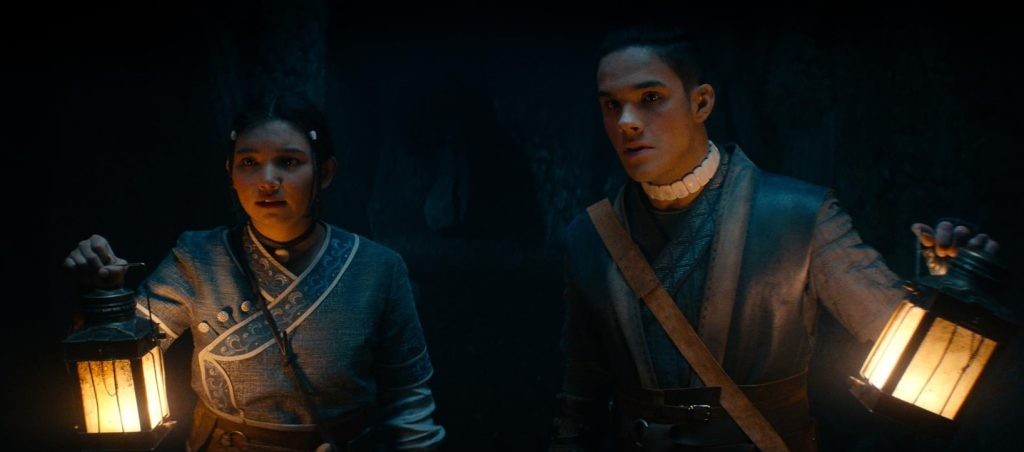
With that aspect potentially removed, one can only wonder how an element he matures out of to become a fan-favorite character will now be handled in the Netflix remake. Of the change, Kiawentiio, who plays Katara in the live-action, had the following to say in an interview with EW:
“I feel like we also took out the element of how sexist [Sokka] was. I feel like there were a lot of moments in the original show that were iffy.”
Adding on, Ian Ousley said:
“Yeah, totally. There are things that were redirected just because it might play a little differently [in live action].”
Even though it’s possible to dismiss some scenes from the animated series that highlight Sokka’s sexism as “iffy,” the fact that they were included in the plot demonstrated that the minds behind Avatar: The Last Airbender were not afraid to take risks with their storytelling by tackling an otherwise somber subject (with far-reaching effects in the real world) and incorporating genuine substance; a pay-off.
It’s no wonder fans have been led to feel let-down.
Fans Are Not Happy With The Change In Sokka’s Character
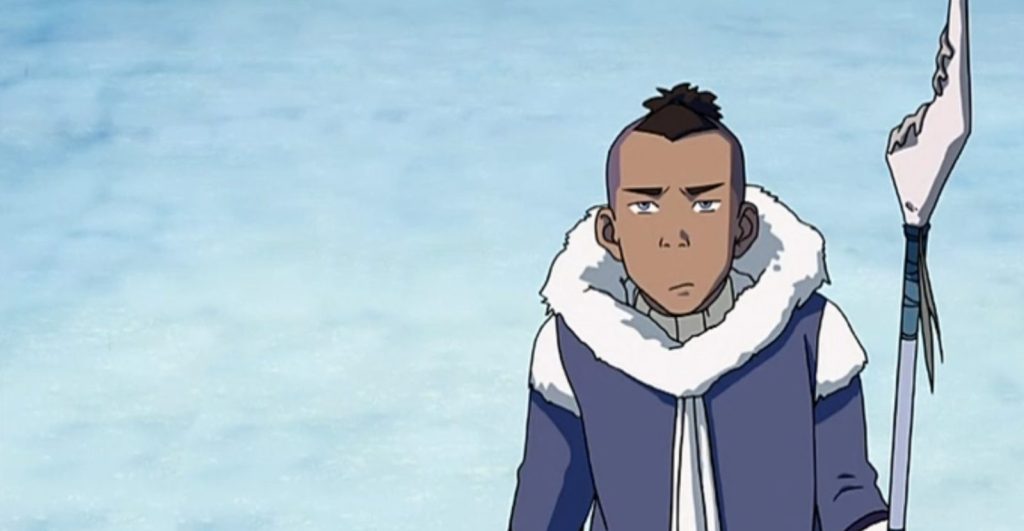
Beyond the developmental context, there are other reasons why the news has infuriated fans.
Not only was the element inherent to the character’s evolution—which made him so much more intriguing than the Gary Stu and Mary Sues of the fictional world—it was also integral to the worldbuilding of the Water Tribes. It reflected facets of an outdated, isolated warrior culture that held onto traditional gender roles. Being a by-product of that environment gives a backdrop to Sokka’s initial chauvinistic stance.
Making the Netflix series more palatable by removing topical elements diminishes the series’ complexity and, to an extent, may also affect Katara’s arc and her fight against the patriarchy. We could only wonder how this modification of writing out “iffy” elements from the original premise will play out in the live-action series’ overarching narrative.
Take a look at what netizens are saying on the matter:
That was a part of his character development, so I'm not sure what they're gonna do now lmao
— Literal Burner (@burner_literal) January 30, 2024
Sokka being humbled by a tribe of badass women was one the best early episodes
What is he supposed to do now? https://t.co/XuefIt9fYr pic.twitter.com/bENNvHoIu0
— Neo (@NeoWokio) January 30, 2024
Damn, studios are terrfied to even have character development now.
Its over lmao
— Komrade + Kommander (@KMNDR_) January 30, 2024
This is…. literally a huge part of Sokka's journey?!
This is implying that the original show was sexist when it was pointedly rejecting the things that Sokka believed through it's narrative.
This is actually incredibly embarrassing. https://t.co/5qTsV8UpDe
— Johnny (@Johnny2Cellos) January 30, 2024
Tell me you don't understand Sokka's character arc without telling me you don't understand Sokka's character arc https://t.co/Qy2nlSjj8m
— The Act Man (@TheActMan_YT) January 30, 2024
The attitude of adding tweaks to adaptations from the original work does point to a grave issue with recent media initiatives. It usually ends up being a hit or miss. The latter is primarily applicable when faulty traits that aid in characters’ learning moments are eliminated from a premise to conform to modern-day ideas of “right” or “wrong.”
It conveys that a character must remain flawless from the get-go, which undermines the storytelling process and limits the scope of exploring internalized notions of a character’s psyche that they must overcome along their journey. Something that Sokka precisely commits to after the extent of his worldview is challenged when he encounters strong, powerful women.
It remains to see what the decision to eliminate the misogynistic aspects of Sokka’s character leads up to. Avatar: The Last Airbender (2024) is slated to premiere on February 22, 2024, on Netflix.

